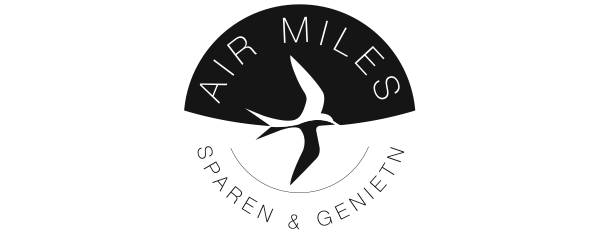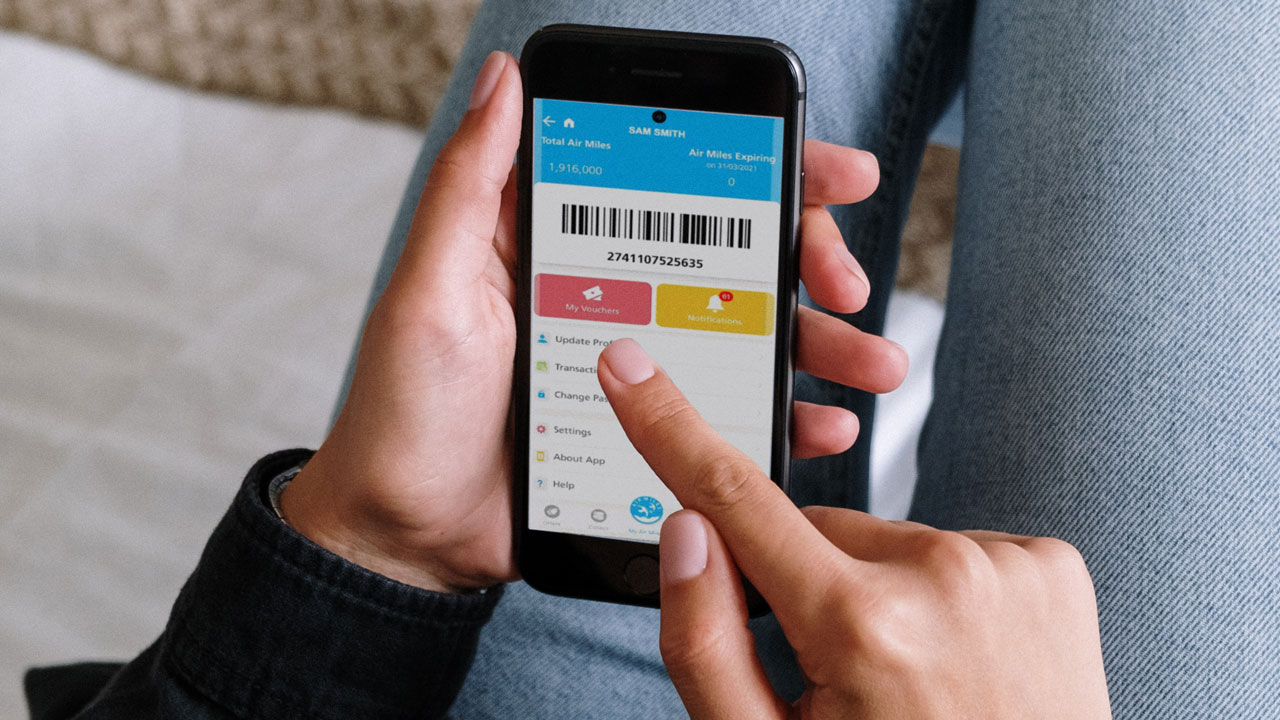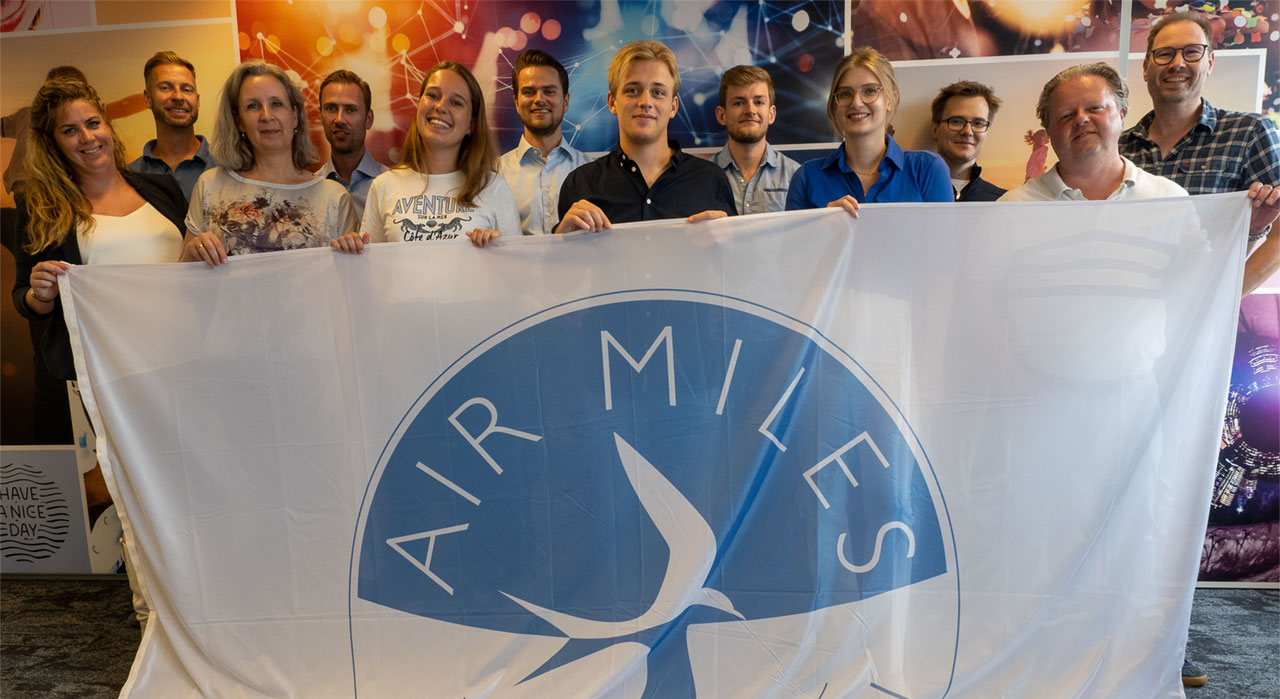As a loyalty company, Air Miles serves our partners with insights, campaigns, and predictive models to support their businesses. Over the last few years, we realized our tools and workflow started to become a bottleneck in achieving our goal of becoming a personalized rewarding system by processing individual customer preferences.
Our data team was using a drag-and-drop modeling tool, in which several standardized models were developed and put into production. These propensity-to-buy models predicted users’ next visit to each of our partners. At the time, those models were sufficient for our business. However, with our commitment to becoming a more data-driven company, we had to evaluate the tooling and model performance.
At the time, we were facing model runtimes of eight hours, inefficient load times, and a lack of transparency and documentation—there was a clear need for a more professional approach for our business.
Until then, we were utilizing a local version of R and Posit was only being used for ad hoc analysis in a separate environment.


